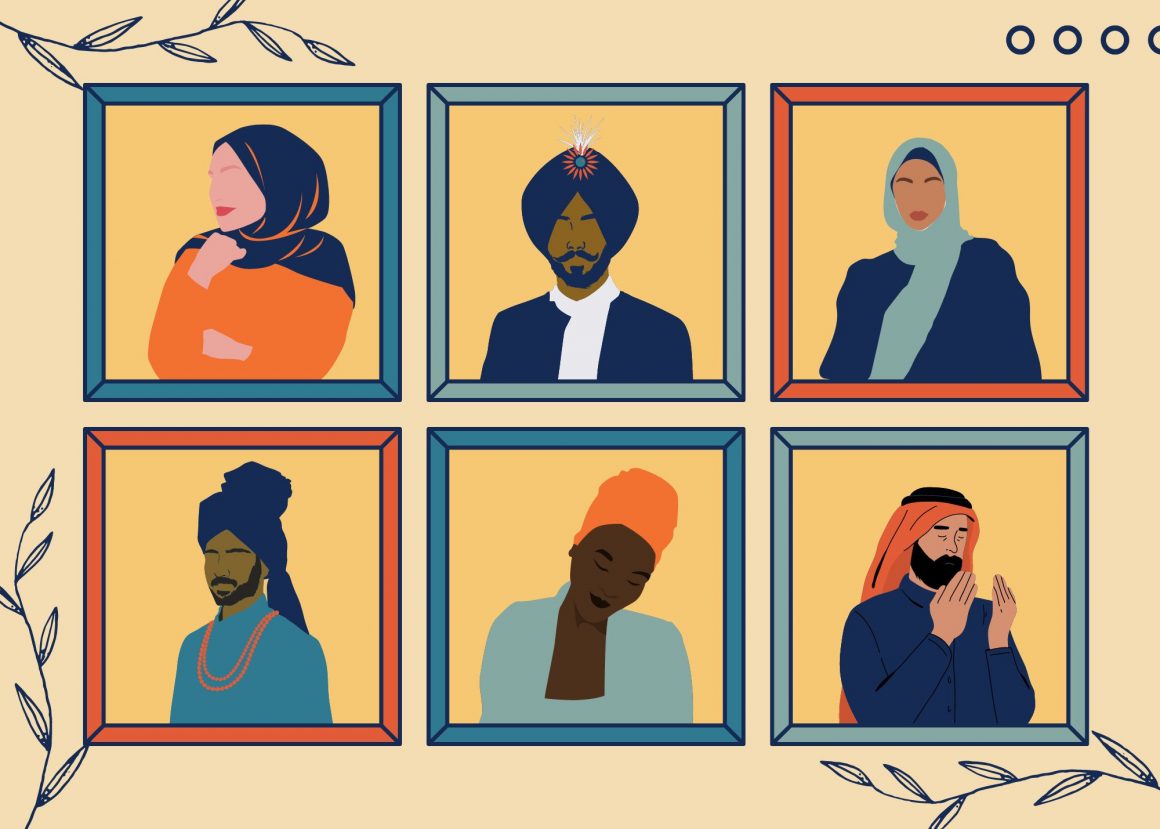
Halifax school’s keffiyeh controversy highlights Canada’s violent stereotyping of Muslim culture
By Aymen Sherwani, March 14 2023—
There’s controversy surrounding a Halifax school’s decision to discipline students who chose to wear the Palestinian keffiyeh scarf for Cultural Day — during which students were encouraged to come dressed in accordance with their backgrounds. Maamoun Alhindi told CBC News that his nephew was called to the principal’s office and told to take off the garment as it was a “sign of war,” a rhetoric that is ever so often painted over Middle Eastern and Muslim clothing that is also used as the foundational logic backing hijab bans across Europe and Québec. He explained that, contrary to the school’s perception, the keffiyeh is not a symbol of war, rather, it is a symbol of resilience and strength. My question is why exactly do Middle Eastern and Muslim people have to continue to defend their cultural heritage from an orientalist lens that seeks to label them as oppressive terrorists?
The keffiyeh itself is just a piece of cloth worn around one’s head to protect themselves from sunburns, dust and sand because — newsflash — the Middle East is a very sunny, dusty and sandy region. Through a cultural context, however, it is the traditional headdress of Palestinian men that became popularized in the 1930s as a symbol of anti-colonialism and freedom from the British Empire. Just like the purples, whites and greens of the Suffragettes fighting for the right to enfranchisement.
The point is that clothing has always been a symbol of resistance and strength for the oppressed, and the Palestinian identity — for the last century or so — has been one that is surrounded by the desire for self-determination amidst skirmishes with Israel and claims of unlawful annexation of ancestral land. Culture will always be at an intersection with politics, but for some reason, the only time clothing is policed is when it seeks to reinforce a racial or gendered status quo. The sans-culottes — literally translated to “without breeches” in French — during 18th-century France were one of the most violent and radical groups that existed at the time, and yet no one is going around labelling a suspenderless man as a treasonous, anti-monarchy terrorist. It’s almost as if it has nothing to do with the clothing and everything to do with the oversimplified boxes that we put people into in order to justify discrimination and horrific foreign policy actions.
In Orientalism, a 1978 critique on how the West (i.e. Europe and North America) view the East, author Edward Said comments that “Arabs are thought of as camel-riding, terroristic, hook-nosed, venal lechers” who lack individuality, depth and are displayed as such within newsrooms.
“Most of the pictures represent mass rage and misery…lurking behind all of these images is the menace of jihad,” he states. “Consequence: a fear that the Muslims (or Arabs) will take over the world.”
Said, who was a Palestinian-American author and professor at Columbia, sought to capture a reality that is still glaringly apparent 45 years later as students are threatened with suspension for wearing ethnic clothing that is observed as promoting violence as an extension of the assumption that Arab and Muslim communities are socially regressive and harbour terrorists. One is more likely to find the likes of such a person at a protest against women’s reproductive rights or a freedom convoy right here in Canada.
If we can take away anything from this, it’s that no child who has been raised to appreciate their culture and heritage should have to hear that clothing they feel pride in wearing is considered derogatory. Especially in the eyes of someone caricaturing an entire ethnicity because of their own chronically I-never-left-my-home-town state of being.
This article is a part of our Voices section and does not necessarily reflect the views of the Gauntlet editorial board.
